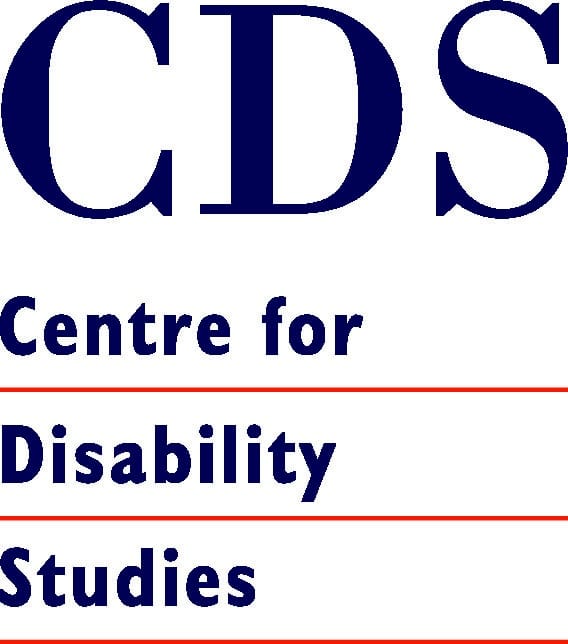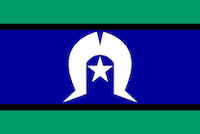CDS will address eight strategic priorities in the years 2021-2023:
- Enhance the visibility, reach and impact of the CDS research program, including building a demonstrable evidence base for the clinical, health and education components of CDS’ work.
- Manage the development of a renewed focus for CDS’ clinical work including the successful transition of the current clinical model.
- Build a successful training business supported by effective leadership, strong marketing, clear risk assessments and a powerful brand, and review and further develop CDS’ Inclusive Education practices.
- Position CDS successfully within Sydney University, specifically the School of Health Sciences within the Faculty of Medicine and Health, , aligning the priorities of each and enhancing CDS‘s impact and operational capability.
- Strengthen CDS’ financial viability and sustainability through more effective budgeting, enhanced financial forecasting and improved management controls providing increased accessibility and usability for the Senior Management Team and greater transparency for the Board.
- Analyse CDS’ stakeholder engagement and relationship management to inform the development of a sustainable, effective marketing capability and impact monitoring.
- Review CDS’ structure and roles to increase the organisation’s capability to further develop a strong culture that enhances our delivery of broader strategic outcomes and our success with operational work plans.
- Strengthen the governance and risk management culture throughout CDS.


